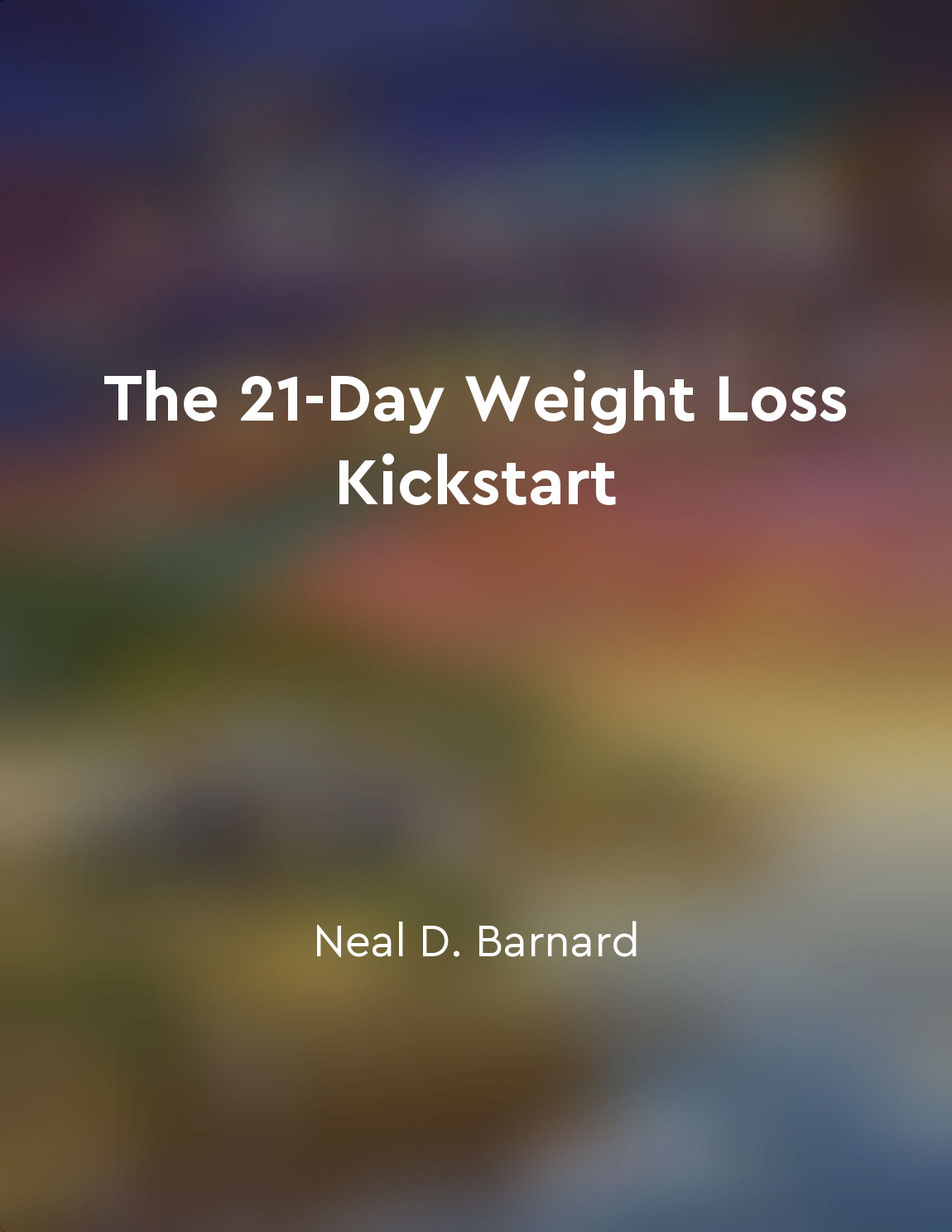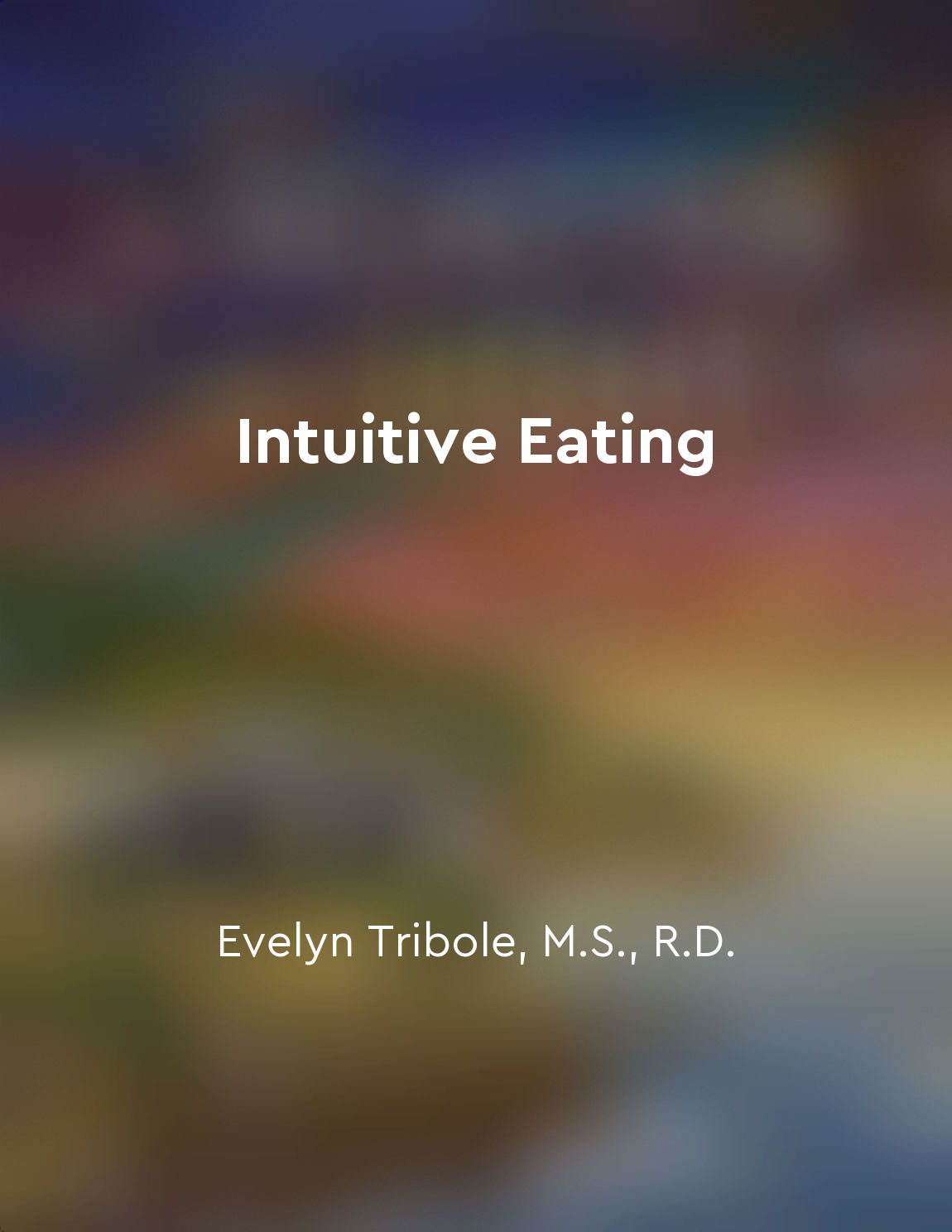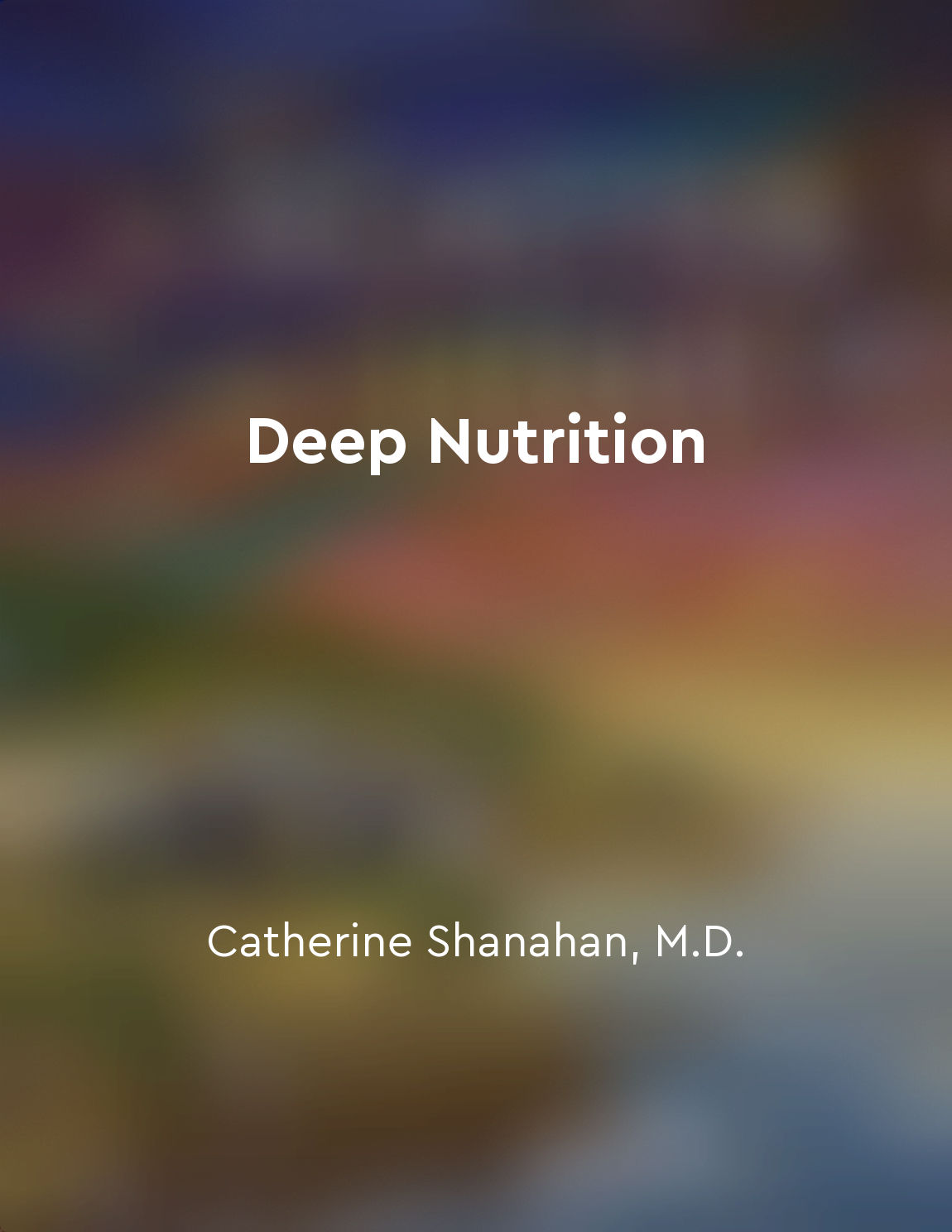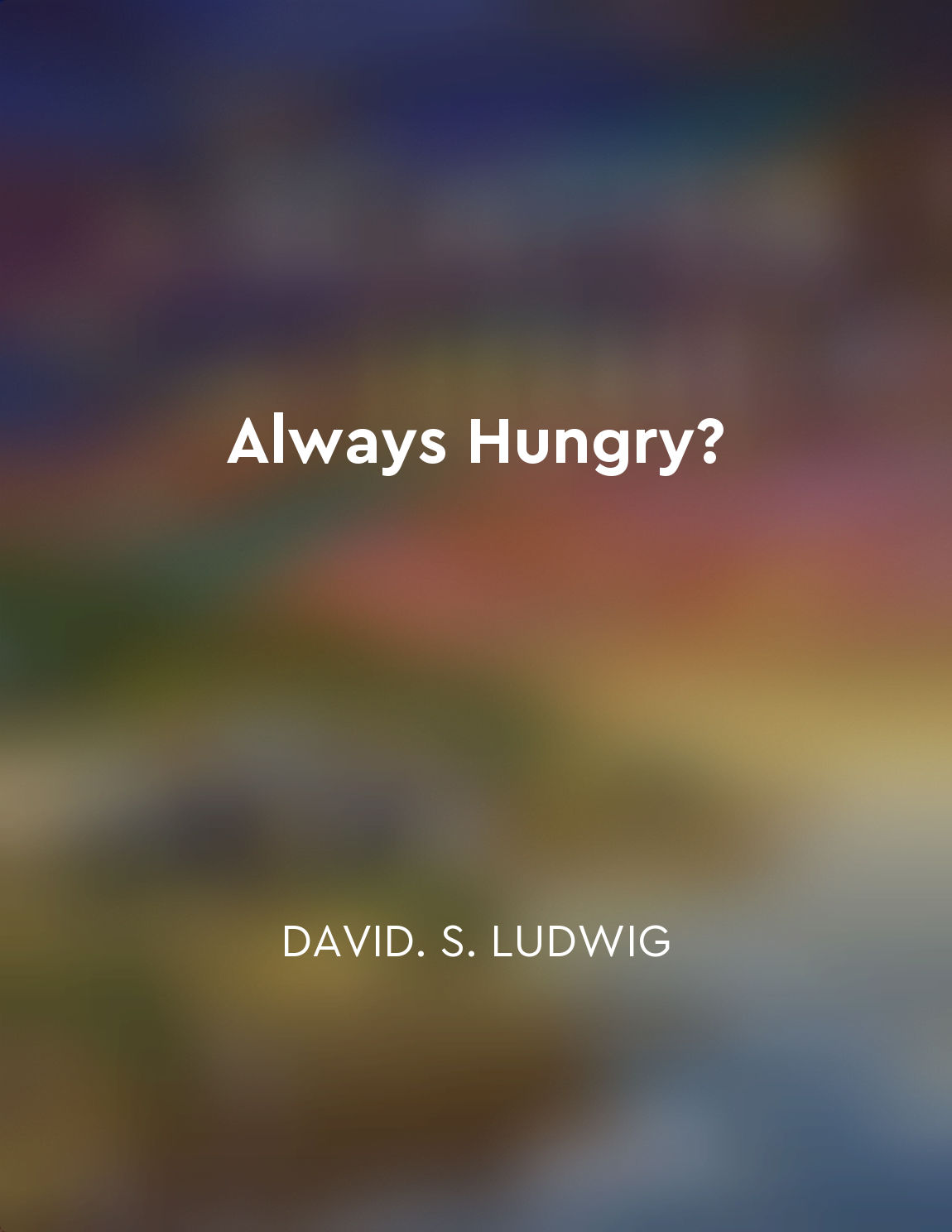Audio available in app
Not too much from "summary" of In Defence of Food by Michael Pollan
The Western diet is characterized by an excess of everything – too much sugar, too much salt, too much fat, and too much processed food. This abundance of cheap and convenient food has led to a culture of overeating, where portion sizes have increased dramatically over the past few decades. As a result, obesity rates have skyrocketed, along with related health issues such as heart disease, diabetes, and cancer. The concept of "not too much" is a simple but powerful idea that can help guide our eating habits in a healthier direction. It is about finding a balance between indulgence and restraint, between enjoying the pleasures of food without overindulging. By being mindful of our portion sizes and listening to our body's hunger cues, we can avoid the pitfalls of mindless eating and learn to eat in moderation. In today's food environment, where large portions and super-sized meals are the norm, it can be challenging to practice moderation. However, by being more aware of what and how much we are eating, we can begin to make better choices that align with our health goals. This may involve choosing smaller plates, sharing meals with others, or simply paying more attention to our body's signals of fullness.- And savoring the flavors and textures of our food, we can cultivate a more mindful and sustainable approach to eating. Ultimately, by embracing the idea of "not too much," we can reclaim our relationship with food and rediscover the joy of eating in a balanced and healthful way.
Similar Posts

Seeking support from friends and family can help stay motivated
When you're trying to make changes in your life, it can be really helpful to have a support system in place. Friends and family...

Implement stressreducing practices in your daily routine
One of the most important things you can do for your health is to incorporate stress-reducing practices into your daily routine...
Increase plantbased foods for health benefits
To truly optimize health, you must embrace a plant-based diet. By increasing your intake of plant-based foods, you are providin...
Social situations influence eating habits
When we find ourselves in different social situations, our eating habits can be heavily influenced. This is because our surroun...
Cultivating mindfulness can lead to greater selfawareness and self-compassion
When we make the effort to cultivate mindfulness in our lives, we begin to develop a greater sense of self-awareness. This mean...
Make small, sustainable changes to your diet over time for longlasting results
To achieve long-lasting results in improving your diet, it is essential to make small, sustainable changes over time. This appr...

Give yourself permission to eat and honor your hunger
It is essential to acknowledge that giving yourself permission to eat and honoring your hunger are fundamental aspects of intui...

Intermittent fasting may aid in weight loss
Intermittent fasting, a practice that involves cycling between periods of eating and fasting, has been touted as a potential to...

Combat chronic inflammation with antiinflammatory foods
Combatting chronic inflammation with anti-inflammatory foods is a crucial aspect of maintaining overall health and well-being. ...

There is no onesize-fits-all approach to weight loss
When it comes to weight loss, it's important to recognize that there is no single approach that works for everyone. We are all ...

